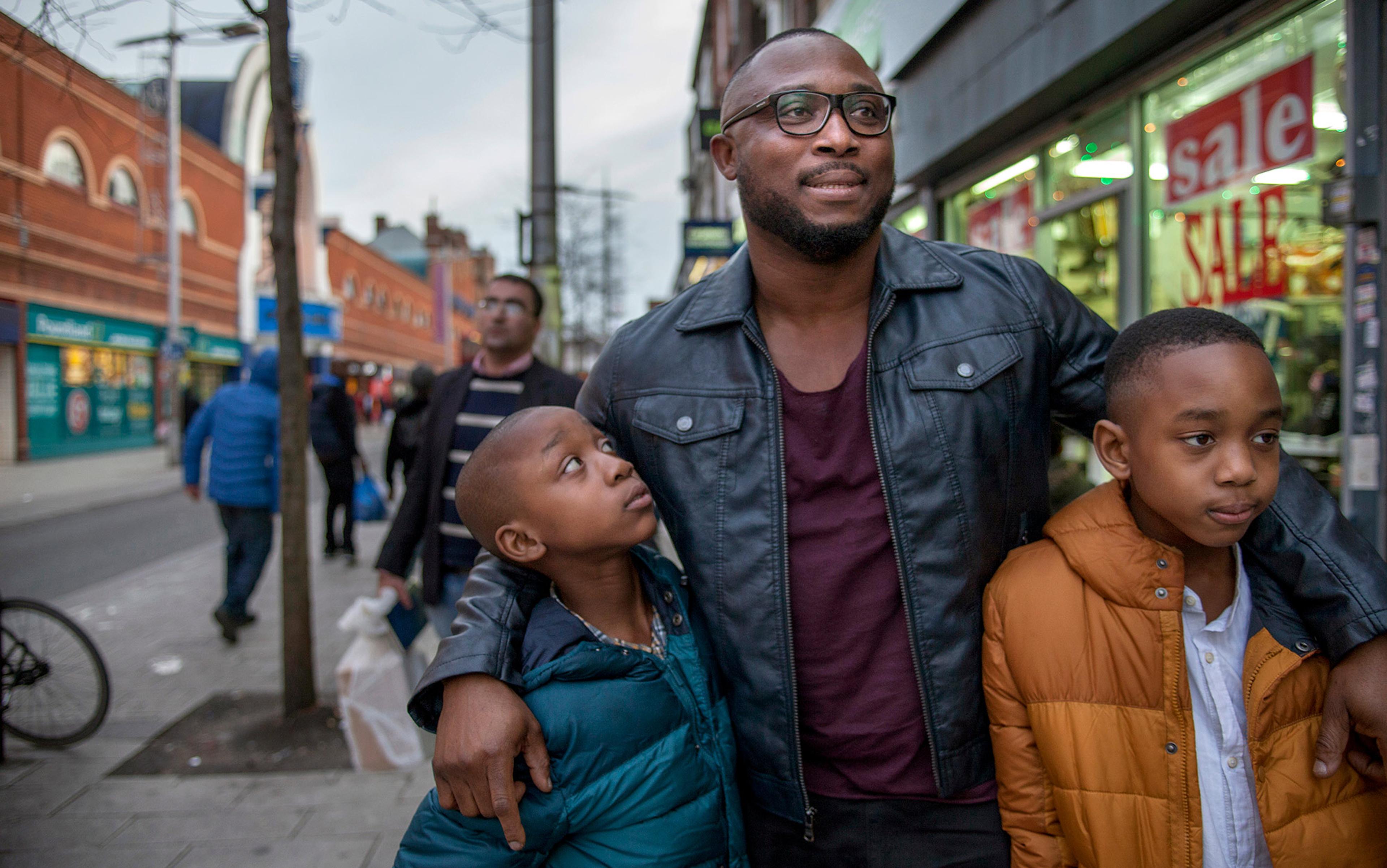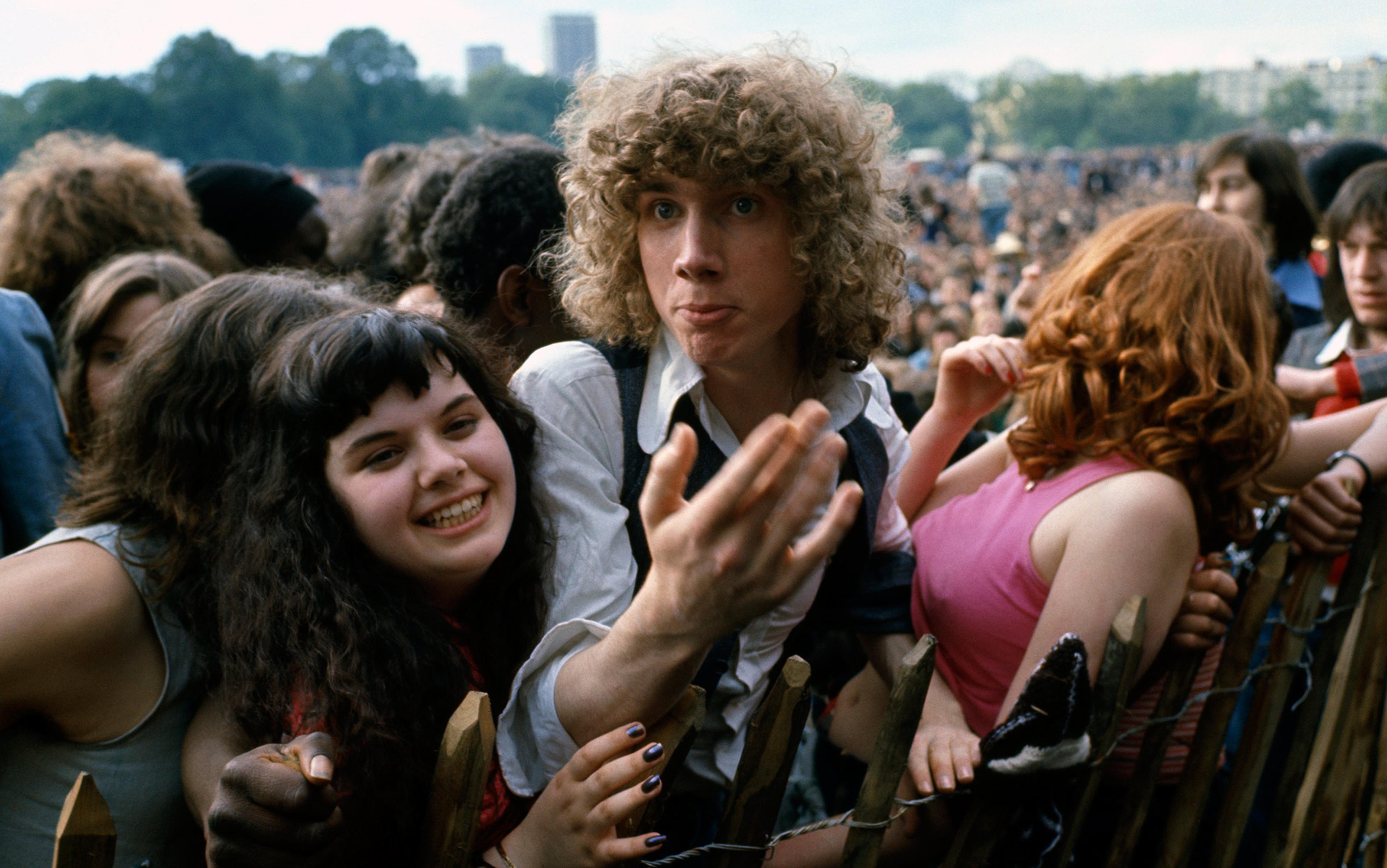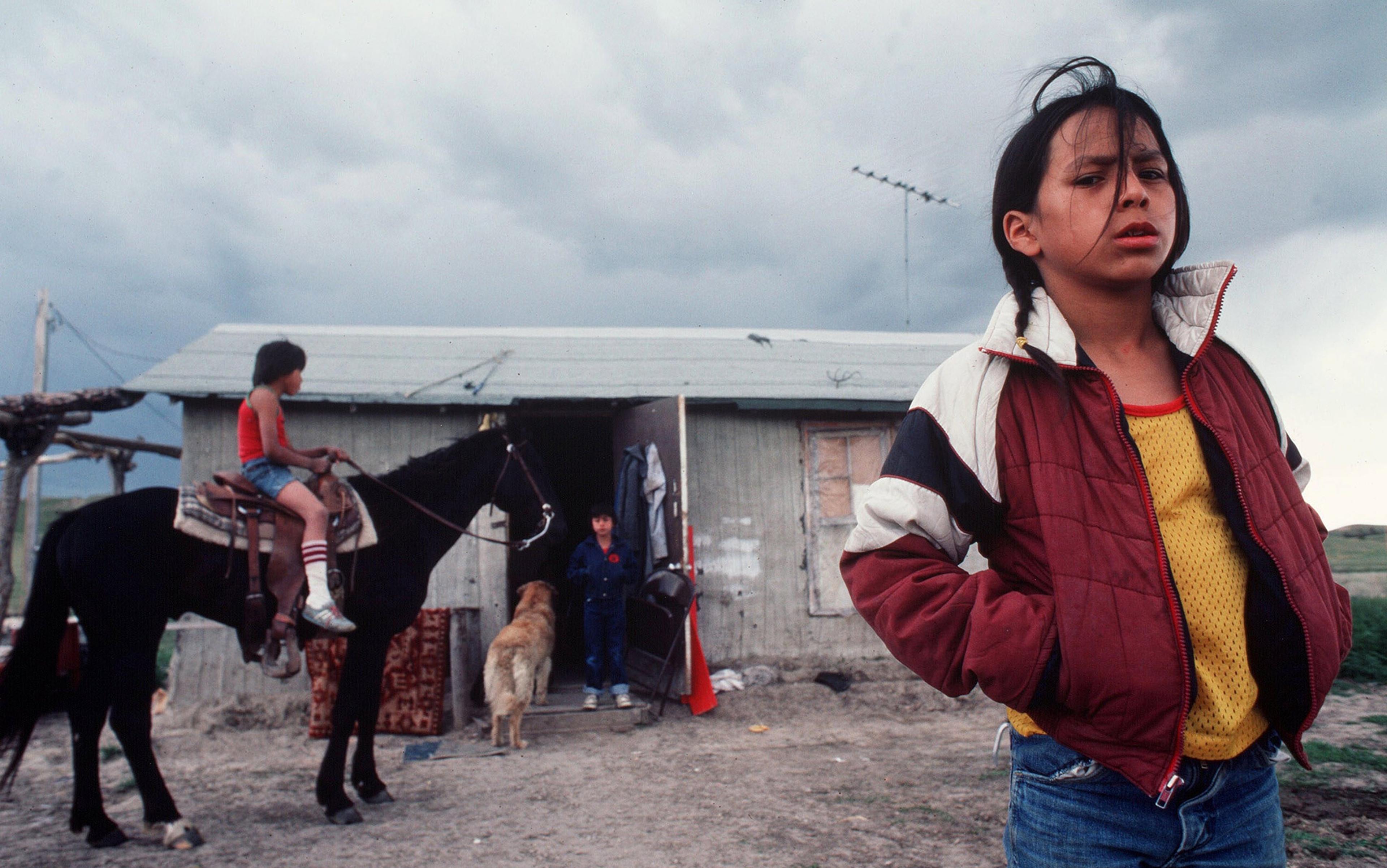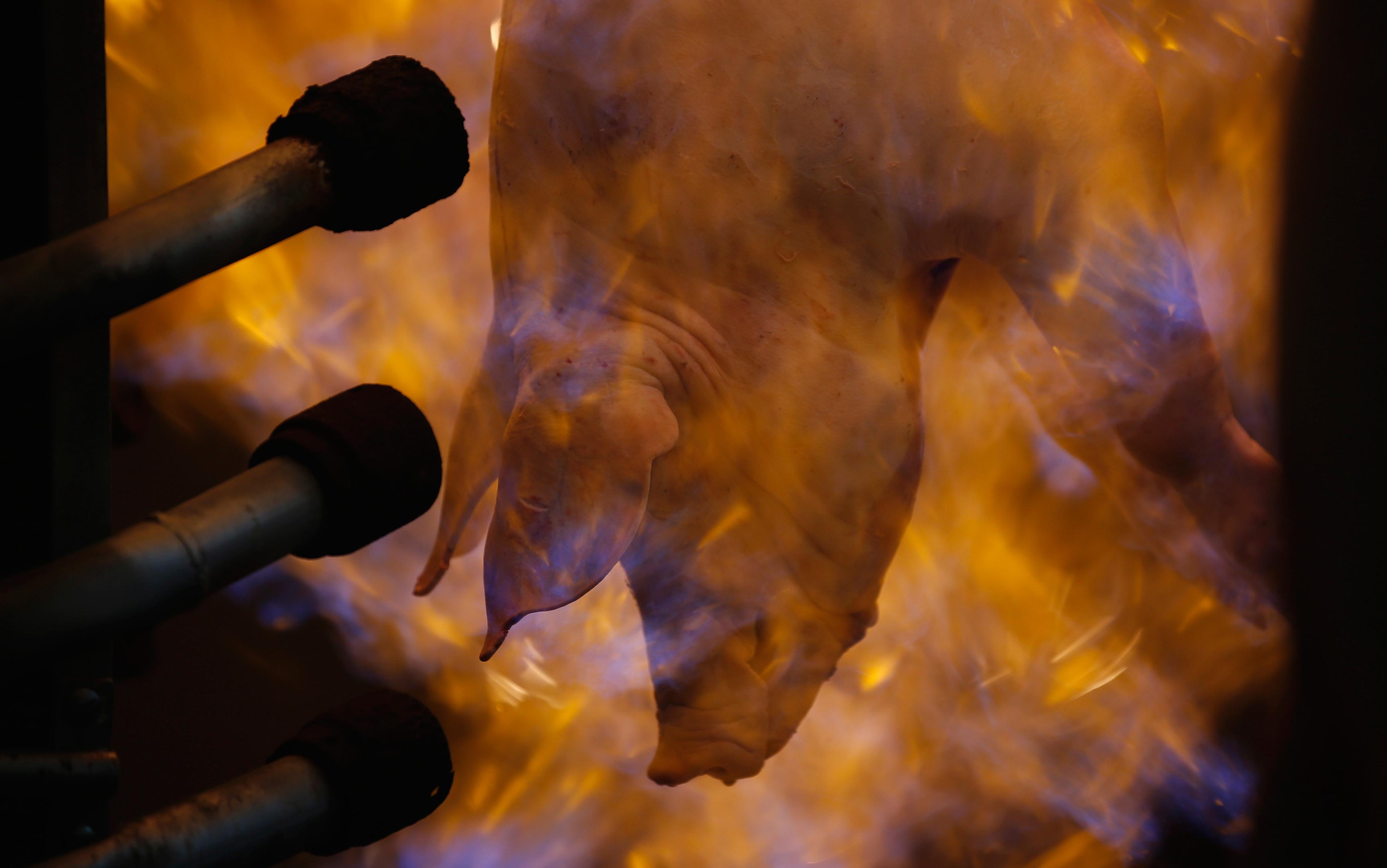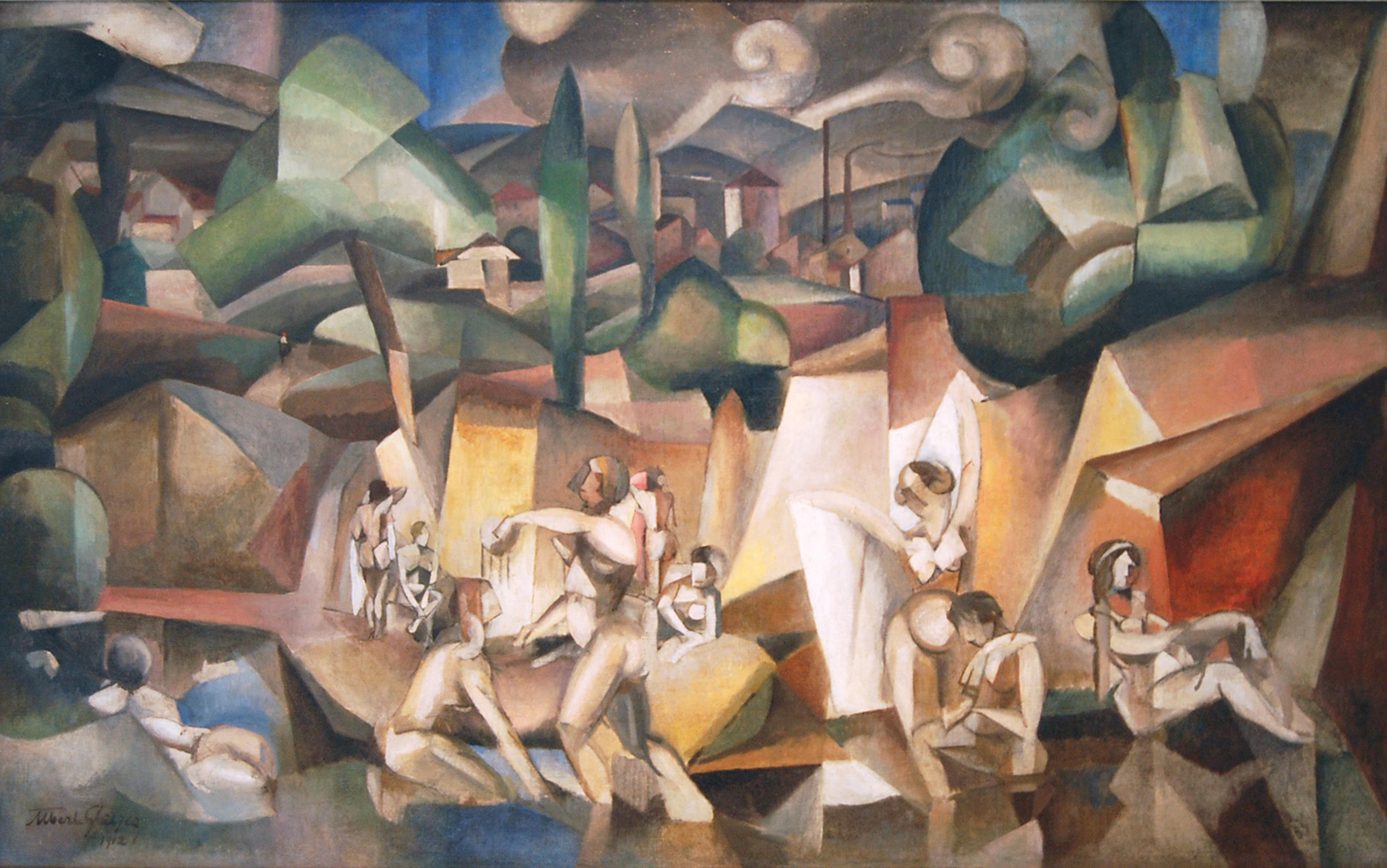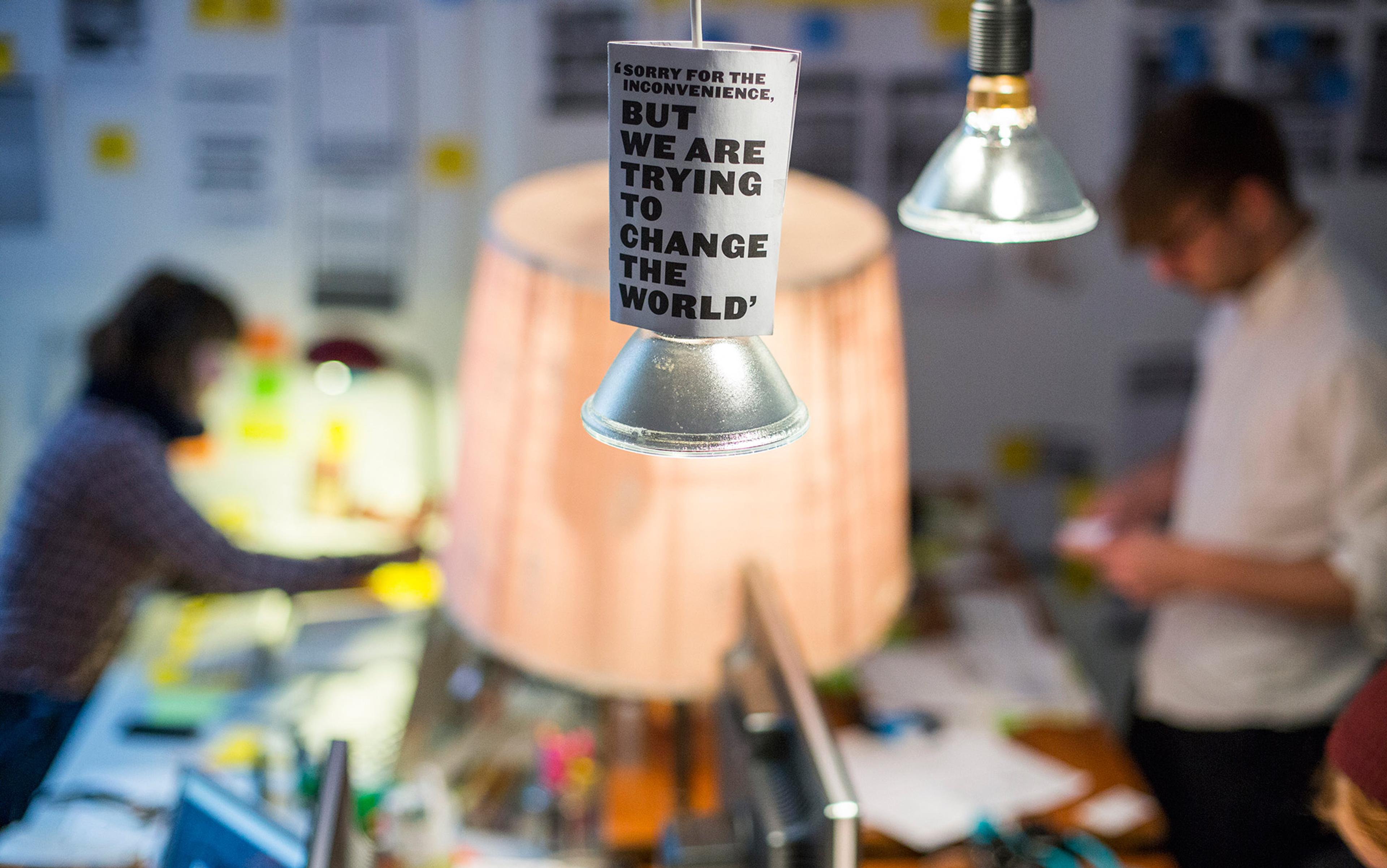When I was eight years old, I stole a Scout pin from a girl in my dance class. My father, spotting the glossy blue disc he had not paid for, found me out. He sat me down on the floor of our study and explained why what I had done was wrong. How, if I became a thief, I would come to a bad end. How stealing severed the fragile bonds of trust that connected me with those around me. More than three decades on, the lesson has stuck: I don’t feel tempted to cut in line or swipe hotel bathrobes. Unwittingly leaving a store wearing the tagged sunglasses I’d tried on gave me the vapours for months.
Though my childhood memories are fuzzy, such moments stand out, when my parents imparted a value they hoped I’d embrace. Sensing how hard they were working – not to make me be like them, exactly, but to supply a template of virtue – I wanted to work a bit harder myself: to take someone else’s perspective, to suppress my momentary greed for the greater good.
Such pivotal moments, both ordinary and extraordinary, are the raw material each generation uses to form the next. Since biblical times, poets and writers have spoken of how generations beget one another – how each spurs the creation of the one after it. Large swathes of the book of Genesis are recitations of generational lines: Adam begat Seth, who begat Enos, who begat Kenan and Barakiel. The rhetorical effect is of ancestors setting a rolling wave into motion, imbuing it with the momentum to reach shore. You are your forebears, the subtext runs, in all the ways that matter most.
Yet the range of factors shaping each generation, or group of people born around the same time, is far broader than it once was – in the developing world as well as in the West. Elder generations still influence younger ones in profound ways, and that moulding begins, as it always has, within the family. But those familial influences are merging with a dizzying array of others: social trends reinforced through peers and social media; watershed events that most affect those coming of age; and the forward march of modernisation, which transforms the basic outlook of generations who enter it.
Where ancients on the cusp of adulthood heard a few ancestors speaking loudly in their ears, each maturing generation must now process a Babel of voices and decide what to glean from them all. Amid this cacophony, the lessons families and close communities impart can acquire new, distinct meanings for the generations that absorb them. Core values pass from elders to youth, just as in ancient times, but the expression of those values can turn out to look much different than parents or forebears ever could have envisioned.
The dynamics of generational change have nothing to do with the flattening stereotypes that circulate about each cohort: that postwar generations are greedy, or that 1980s and ’90s babies are entitled snowflakes. There’s a multimillion-dollar industry devoted to listing each generation’s traits and peccadilloes. But the stereotypes this industry generates are often inaccurate, says Bobby Duffy, the author of The Generation Myth (2021) – and, besides, laundry lists of traits reveal little about how each generation gives rise to the next.
Less sexy, but more illuminating, are longitudinal studies that trace each new generation’s development, sometimes through direct lines of descent. Such studies confirm that the family remains a crucial shaper of generations, as in Abrahamic times.
If a pandemic erupts during your college career, it’s going to have an outsized impact on how you see the world
Joohong Min at the University of Southern California traced this impact in her research on two groups in the Longitudinal Study of Generations: parents born in the 1920s and ’30s, who were surveyed in the United States in 1971, and their mostly Baby Boomer offspring, who were surveyed in 2000. Min found a high degree of correspondence between the parents’ moral outlook and their children’s – parents were shaping their children’s values, and children were embracing those values as they matured. The tighter the bonds are within families, other research shows, the more reliable this kind of transmission of values becomes. It’s only natural, then, that I absorbed early moral lessons from my parents, since I trusted and felt close to them.
Certain values are better nurtured within the family than others, however. Min found that religious principles were more apt to be transmitted within the family than social ones such as attitudes about gender equality. People’s social values were also more likely than religious ones to change over the course of their lives.
It’s these changing social values – and the ways they bump up against events such as recessions, terrorist attacks or presidential elections – that start to mark out generations as distinct from their predecessors. This separation generally happens during adolescence and through the 20s, Laura Stoker, a political scientist at the University of California-Berkeley, tells me. ‘When you become an adult, when you become a citizen, you have to figure out a lot of things about yourself and your life and your aspirations. What happens in the world around you has implications for how your political attitudes and values and identities form.’
That means that if, say, a pandemic erupts during your college career, it’s going to have an outsized impact on how you see the world: your level of trust in others, your faith (or lack thereof) in science, the traits you prize in candidates for office.
Social and material conditions also determine how cataclysmic events shape those coming of age, which is why it’s false to assume that COVID-19 affects today’s youth the way the 1918 flu affected young people a century before. ‘We’ve had an utterly different experience of COVID compared with a pandemic that would have happened decades ago,’ Duffy tells me. Our early 20th-century counterparts did not have today’s surfeit of remote work and communication options, and there was no scientific race toward a viable vaccine.
Stoker’s research looks closely at how family influences merge with cultural trends and landmark events to mould generations. In 2014, she tracked women’s voting behaviour after the 19th US Constitutional amendment was ratified in 1920, officially giving women access to the ballot. Following that legislation, Stoker found, women’s voting numbers inched up very gradually. They didn’t show up at the ballot box in droves – instead, they voted in low numbers that climbed in stair-step fashion over decades. It wasn’t until the 1980s that women’s voting rates reached parity with men’s.
That slow transition suggests that early life influences held back older generations of women from voting. Since they’d come of age in a social climate that viewed female suffrage as suspect, they stayed home even after the 19th amendment was passed. ‘It didn’t matter if you extended the right to vote,’ Stoker says. ‘These women still wouldn’t.’ But the first active woman voters, younger and more receptive to change, grew up in a society that increasingly cast voting as desirable for all. That context primed their openness to women’s suffrage before it came to pass – and hastened their adjustment to it once it did.
National social movements continue to sway today’s younger generations, often over their parents’ objections. Yet the picture is more complex than it was 100 years ago, because more universal influences are now beamed in through satellite TV, social media and the internet. And all of this plays out against the backdrop of economic development, which inclines each new generation further toward so-called ‘self-expression values’ – individuality, social tolerance, and broad political participation. The political scientist Ronald Inglehart, the founder of the World Values Survey, has argued that, from this vantage point, changes in a society’s baseline conditions propel significant shifts in outlook from one generation to the next.
With industrialisation, which happens at different times depending on the society, demographers see shifts from traditional beliefs to more secular, rational ones, partly because economic development ushers in widespread literacy.
The global trend has been one of gradual generational movement toward human rights
As service economies eclipse industrial ones, a further transition occurs: economic stability, while not universal, becomes much more widespread. Freed of day-to-day survival concerns, people come to value self-expression much more, rejecting authoritarian leaders, lobbying for equal rights for all, and supporting people’s individual choices about what kind of life to lead.
As a result, we’ve seen the rise of ‘postmaterialists’ notable for their belief in a wide freedom of expression. Their numbers roughly doubled from the 1970s through the ’90s in most nations surveyed in 1992 by Inglehart and his colleague Paul Abramson. In Denmark, the postmaterialist fraction of the population increased from 7 per cent to 29 per cent over that period, while in Britain it increased from 7 per cent to 20 per cent. This shift toward self-expression was also ‘sticky’ – by which I mean likely to persist once established – and has continued in the years since.
Indeed, over the past century, the global trend has been one of gradual generational movement toward human rights, questioning established authority, and maximising fulfilment to the many. This movement was already underway in the US with the young Boomers of the 1960s, who are often upheld as the ultimate ‘rebels, the hippies, who got a lot of detention,’ says Paul Taylor, a former Pew researcher and the author of The Next America (2016). Even so, he tells me, later generations have become still more liberal – which makes sense according to Inglehart’s theories, because the Western world has progressed further into postmaterialism since the Haight-Ashbury years.
The social and economic realities during the coming-of-age period influence each generation’s outlook as surely as what well-meaning elders can teach. What’s complicated, though, is that families also help to create the broader social environment in which their children grow. Our parents – those proverbial anchors – supply us with values that can ultimately lead us to places and perspectives they never foresaw: renouncing capitalist systems, for instance, or upholding same-sex marriage as a human right. As the Lebanese American writer Kahlil Gibran put it in his poem ‘On Children’ (1923), addressing parents: ‘You are the bows from which your children as living arrows are sent forth.’
It’s tempting to wonder just how much generational influence comes from family sources, and how much from the fast-moving Zeitgeist, but the two can’t be easily separated because the Zeitgeist sets the tone for parenting. I was a 1980s baby, and my earliest years, both within my family and without, were saturated with messages about fairness, equality and the rewards of diversity. From preschool onward, my closest friends came from immigrant families or were born overseas. In grade school, our music teacher taught a chant about the civil rights icon Martin Luther King, Jr: ‘Peace, love, freedom and brotherhood – these are the things for which he stood.’ I still remember, word for word, my favourite middle-school teacher’s advice to me: ‘Look at every person you meet as unique and particular. Don’t ever generalise about any group.’
And while I thought of my parents as strict, they did not raise me the way parents raised their children a century or, many times, even a generation before. Though my father was socially conservative, he told me – often and vociferously – that I could be anything I wanted when I grew up. My mother was the first woman in her family to earn a PhD, and I never doubted she’d support me if I chose to do the same. I soaked in their integrity, and their belief in human dignity, even as I hoovered up influences largely alien to them: hip hop on MTV, my high school’s gay-straight alliance, the prospect of religious belief as an option rather than a given.
I’ve emerged with an amalgam of values that’s both timeless and generationally distinct, and my case is by no means unique. Young people still use their elders’ values as a launching point, much as they have since antiquity. But as they grow into adulthood, Taylor says, ‘they are taking those values to new and different places.’
The political scientist Amanda Friesen of Western University in Ontario, Canada has studied this phenomenon across recent generations. She surveyed college students born in the 1990s and their parents and grandparents, asking them how they prioritised the values of caring, fairness, loyalty, obeying authority, and sanctity (keeping things ‘pure’ or unblemished – for example, following religious doctrines without changing or diluting them).
Friesen picked out some substantive generational differences: for the most part, older generations valued authority and sanctity more highly than their younger counterparts. This finding accords with those of researchers like Inglehart, showing an incremental yet meaningful shift in values through the years. Just as striking, however, were the similarities Friesen found. From one generation to the next, participants endorsed values of fairness and caring – just as my parents did with me, and as I’m trying to do with my own sons. ‘There is this through-line,’ Taylor says. ‘Every individual life is important and should be respected. You recognise that we’re all different, you celebrate that, and you try to build a society that accommodates that.’ Each generation, however, interprets such bedrock values in its own way, based on the unique climate – cultural, social and economic – in which it comes of age. Today’s younger cohorts, reared on fairness and harm-prevention, have come to embrace gay rights and trans rights that a larger share of their parents’ generation rejected.
Those who envision permanent Republics of Gilead are tilting at generational windmills
The ideological differences between generations are real: in a 2015 Pew survey, 73 per cent of US millennials said they supported same-sex marriage, compared with just 45 per cent of their parents. But the values through-line is just as real. Upcoming generations, following their elders’ example, are supporting what they see as the most loving and equitable way forward, even as they advance new ideas about what that caring and justice ought to look like. It’s an echo of what happened a generation before, when postwar cohorts in the US, Europe and Australia started fighting for baseline civil rights in historically large numbers.
The same generational dynamic played out in South Africa as it transitioned to democracy. There, younger cohorts of all races absorbed their parents’ and grandparents’ religious values – including love for others and distaste for oppression – quite thoroughly. So thoroughly, in fact, that they used those values as the foundation for peaceful revolution in the 1990s, overthrowing an entrenched system of racial segregation. In some settings, such as Catholic parishes with abusive clergy, taking religious adherence to its zenith can lead to harm. But for many South Africans facing discrimination, writes Nyameko Barney Pityana, a human rights lawyer and theologian, ‘the option was not to turn their backs on Christianity but to re-interpret [it.]’
To be sure, there are social engineers who, cognizant of these generational changes, are trying to subvert them. Book-banning campaigns, as well as homeschooling curricula that reject egalitarian social views, can be seen as radical attempts to stop new generations from coming into their own. Populist slogans like ‘Make America Great Again’ or ‘Brazil Above Everything, God Above Everyone’ allude to the rewards of turning back the clock.
Yet generational change is so multifaceted, and so hard to reverse, that such strategies seem doomed to failure in the long run. It’s true that some nations – perhaps reacting to the rapid pace of cultural change – are grasping legislative norms of the past, as the US has recently done with restrictions or bans on abortion and as Afghanistan is doing with rollbacks on women’s education. Still, social progress marches on, with parenting norms evolving right alongside them. Those forces all give rise to freer-thinking generations whose core outlook and values won’t be easily dislodged. Those who envision permanent Republics of Gilead are tilting at generational windmills.
I sometimes wonder if my parents think I turned out badly because my priorities, on the surface, are so different from theirs. They go to church almost every week, while I resist their suggestions that our family join one. They hold to social hierarchies and rules I consider passé (my dad would blow his top if I got a tattoo). They believe deeply, while I remain mired in uncertainty: how can anyone know how we came to be?
Yet I sense that they also see and appreciate the thread of values that connects us. I seek truth because my parents raised me to do so, even though my conclusions often diverge from theirs. I pursue justice and mercy, to the limited extent of my ability, because they modelled that pursuit in steady, everyday ways: healing the sick, visiting the lonely. I am because they were and are, in the same unbroken sense that echoes through the book of Genesis.
Had they come of age in the upstate New York suburbs of the late 20th century – exposed to peers from more diverse backgrounds, steeped in norms that encouraged more open expression – would their social outlook more closely resemble mine? Conversely, if I’d come of age in the postwar US Midwest, in that cultural and developmental moment, would my political views look more like theirs? There’s a lot to be said for an ethos of moral self-reliance that states we are each responsible for our own choices. But that ethos also obscures the flood of generational influences that affect how we see the world.
Ultimately, conscious choice comes into play for each new generation, in a kind of active, sustained listening: locating amid the hubbub values on which to construct a life. Some pieces fit, but others must be jettisoned or recycled so they are our own. As it is written in Genesis, a heritage sturdy enough to be passed down is ‘greater than the blessings of the ancient mountains, than the bounty of the age-old hills’. Unlike the ever-shifting Zeitgeist, that heritage will not change.
